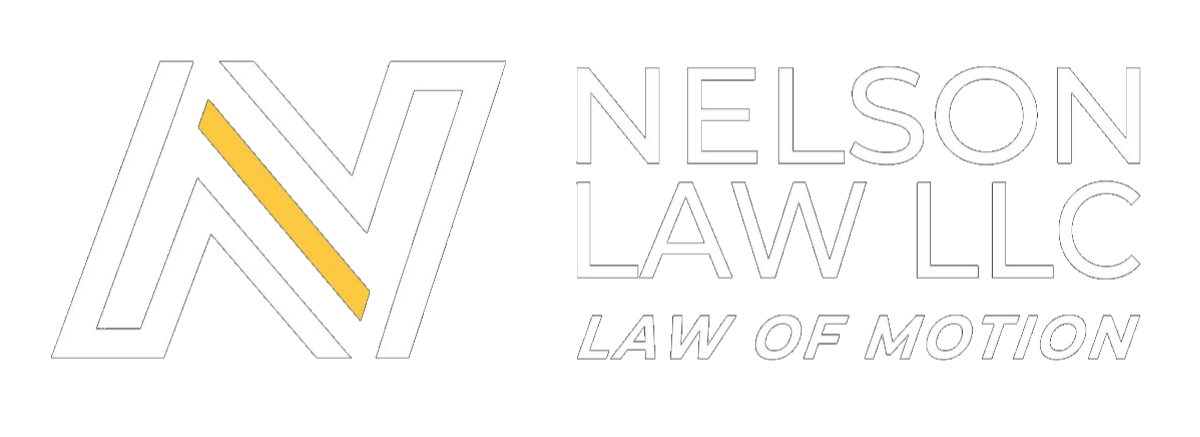In September of last year, Elon Musk publicly objected to NHTSA’s continued use of the term “recall” in connection with automotive issues that can be—and routinely are—fixed through over the air software updates, tweeting that “the terminology is outdated and inaccurate.” This was not the first time Musk raised such objections, nor even the first time Musk raised such objections on Twitter. Indeed, almost a decade ago, Musk responded to a recall of certain 2013 Model S vehicles due to a perceived fire risk by tweeting that “the word ‘recall’ needs to be recalled.” The issue has percolated up again in the first few months of this year as NHTSA announced (1) a recall of FSD, which affects hundreds of thousands of Tesla vehicles on the road, and which Tesla plans to address via an over-the-air update, and (2) a recall of certain Model Y vehicles to correct defective passenger seat bolts, which cannot be corrected “over the air.”
While Musk has not proposed alternative terminology to describe the process by which widespread vehicle safety issues are corrected, his objection ostensibly is aimed at the association of the term “recall” with an effort to address mechanical and component part issues that pose significant safety risks, requiring consumers to schedule and return the vehicle to the dealership for repairs, often following long wait times. No doubt his objection also is driven by the general perception that a recall signals a product defect—and for that reason is often also a harbinger of litigation. For example, the term “recall” may call to mind the nationwide Takata air bag recall that has been in effect since 2014, prompting “do not drive” warnings, civil penalties, class action litigation, and bankruptcy.
In these respects, Musk has a point. Certainly, there is something very different about a recall involving a mechanical issue (like a faulty airbag sensor) that renders a vehicle unsafe to drive and is not fixable for weeks to months while owners wait for individual service appointments, and a recall involving a software issue that can be addressed broadly in a matter of days without sidelining entire fleets. That said, an issue does not reach “recall” status unless it implicates safety in some respect. As NHTSA explains on its website, “[a] recall is issued when a manufacturer or NHTSA determines that a vehicle, equipment, car seat, or tire creates an unreasonable safety risk or fails to meet minimum safety standards. Most decisions to conduct a recall and remedy a safety defect are made voluntarily by manufacturers prior to any involvement by NHTSA.” This even holds true of NHTSA’s 2022 recall of Tesla’s “Boombox” feature that, as CNN reported, allowed “drivers to play sounds such [as] a bleating goat or a fart noise outside the vehicle.” While somewhat amusing, the feature was found to present a safety issue because a it could be operated when the car was in drive, potentially obscuring pedestrian warning sounds (we blogged about this here and here). As such, it was subject to a safety recall.
Ultimately, whatever terminology is in play, neither Tesla nor any other manufacturer should be excused from the recall process simply because they have the capability to address a safety issue remotely. A safety issue is a safety issue, plain and simple, even if the magnitude of risk and complexity of repair may vary. Moreover, the public nature of NHTSA’s recall process is critical to keep drivers informed about their vehicle’s functionality, particularly as that functionality evolves to include complex ADAS features.
Recall the recall? We think not. Rename the recall? We think that is just a matter of semantics.
What do you think?
Copyright Nelson Niehaus LLC
The opinions expressed in this blog are those of the author(s) and do not necessarily reflect the views of the Firm, its clients, or any of its or their respective affiliates. This blog post is for general information purposes and is not intended to be and should not be taken as legal advice.

